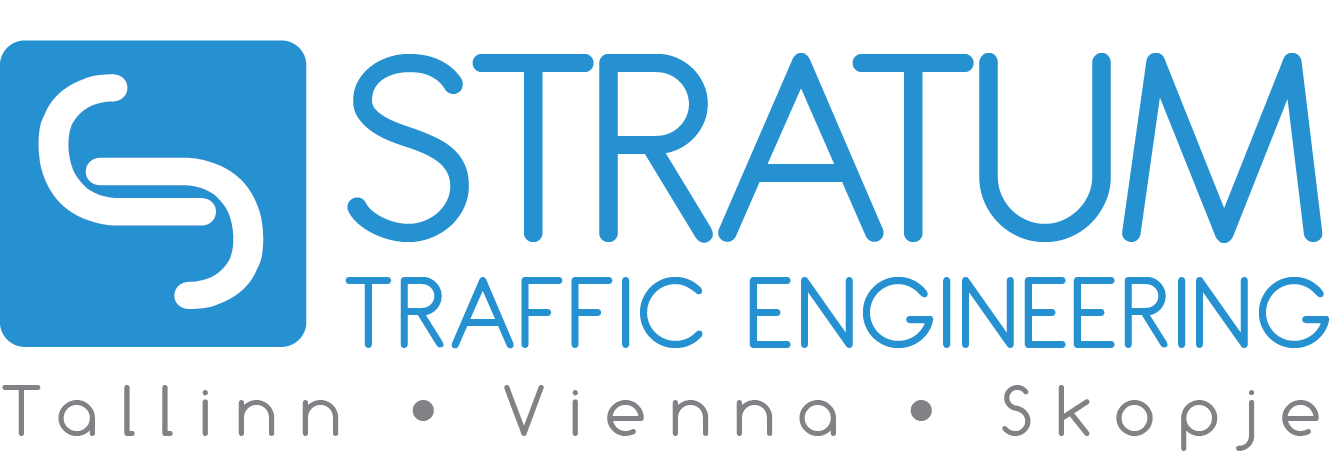Applied Terminology |
Description |
| Digital Transformation |
Digital transformation is part of a larger process describing the changes related to the overall introduction of digital technology in all aspects of human society. The implementation of digital technologies may be seen in three phases such as digital competence, digital usage, and last but not least digital transformation. Related to ITS digital transformation refers to the overall collection of “BIG” traffic data from many various sensors, such as loops, video, laser, infrared, blue tooth, DSRC, GNSS sensors already implemented in traffic infrastructures for being transformed into real-time information for travelers and traffic operators to enable efficient and seaming less mobility. However, a digital transformation already takes place and influences our society. All kind of processes of our daily life and/or commercial life are already affected by digital transformation. |
| General Data Protection Regulation (GDPR) | General Data Protection Regulation, also referred to as “GDPR” or EU Regulation 2016/679 is a regulation intending to secure and harmonize data protection for individuals within the EU. Moreover, it also addresses the export of data and/or the storage of personalized data outside the EU.
Individuals shall get back control of their personal data also simplifying the legal and regulatory environment of international businesses by harmonizing the regulations within the EU. It will be set in force on May 25th, 2018 replacing the data protection directive 95/46/EC from 1995. However, it does not require any legislation to be passed by the member states of the EU.
|
| Internet of the Things (IoT) |
Internet of Things, also referred to as “IoT”, describes that all kind of devices ranging from vehicles to respective sensors, such as loops, infrared, cameras, laser detectors etc. are connected with a data network enabling data collection and exchange of data. In general, this also includes devices such Smart TVs, heating systems, lights, refrigerators or machines for production. According to the Global Standards Initiative on Internet of Things, also referred to as “IoT-GSI” defines the IoT as “the infrastructure of the information society”. Thus it enables objects such as vehicles and/or travelers to be sensed and/or remotely controlled using existing data network infrastructure. The goal is to improve accuracy and efficiency of systems and processes. However, IoT enables the collection of Big Data and its transformation into real-time information for travelers and operators of traffic infrastructure. |
| Intelligent Transport Systems (ITS) |
Intelligent Transport Systems (ITS) refers to information and communication technology (ICT) enabling a more secure and more efficient operation of infrastructures such as highways, roads, tunnels, bridges and road network within cities.Thus ITS supports the reduction of operating costs, improvement of safety, and the maximization of the capacities of infrastructure (facilities). ITS application gathers data from infrastructures, such as roads and other sources using sensors, loops, cameras, transponders and other technologies in order to be processed for analysis and projections (real-time information) and the distribution of information to travelers and “traffic management”. Therefore one may say ITS applications transform Data (“Big Data”) to Information.Advanced ITS Solutions enable connections between various traffic related platforms and road users and thus require open architecture and reliable and working interfaces. |
| OPERATIONS |
Operations of a Tolling System refers to the transformation and/or processing of collected data to information for the continuous and correct toll collection from road users utilizing toll road network. It may be differentiated between commercial operations, also referred to as “comOPS” and technical operations, also referred to as “techOPS”. Whereas techOPS refers to corrective and preventive maintenance of central and decentralized road side equipment, such as tolling stations or enforcement stations, comOPS refers to the business operations including customer support, billing & invoicing etc. |
